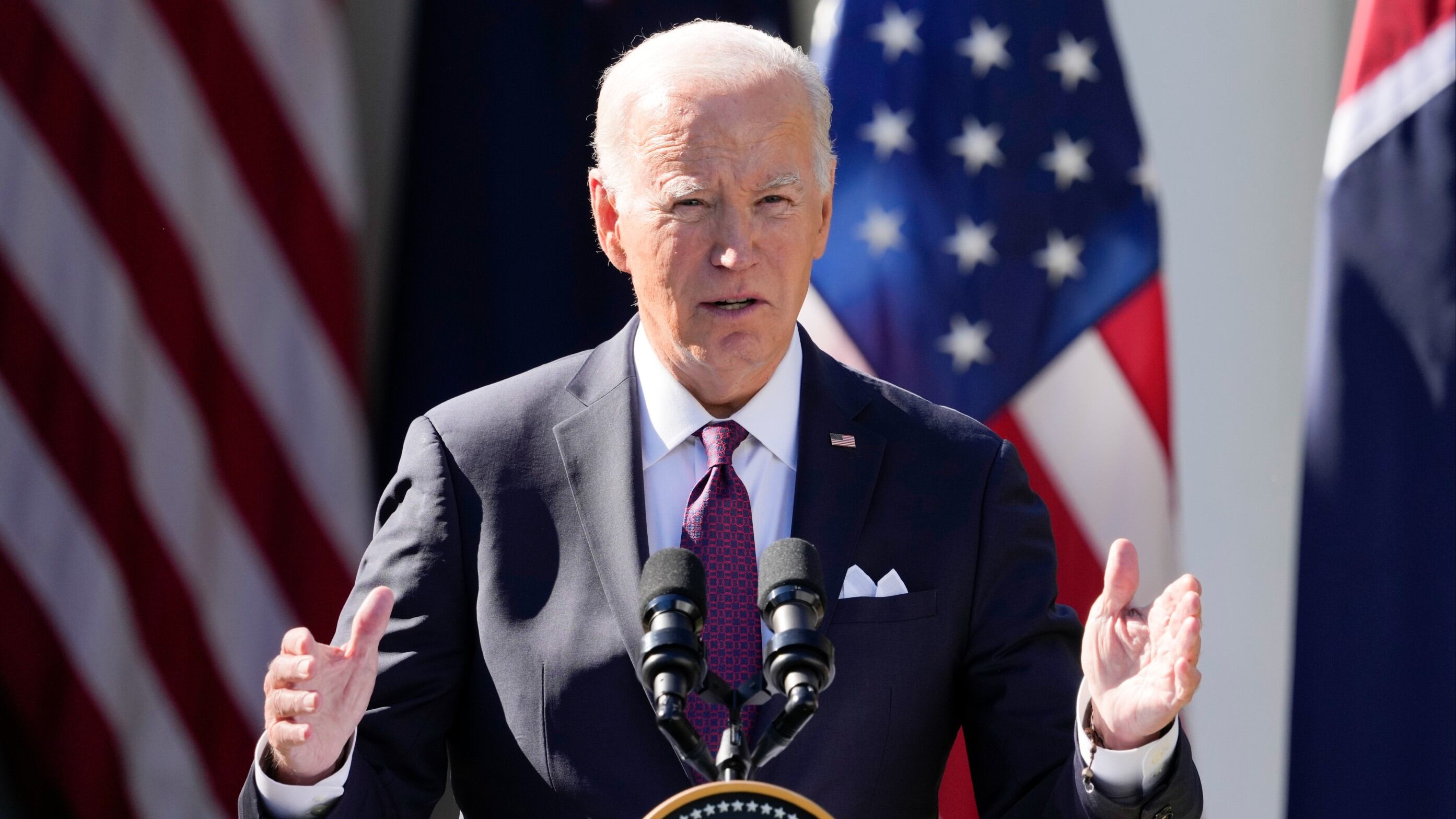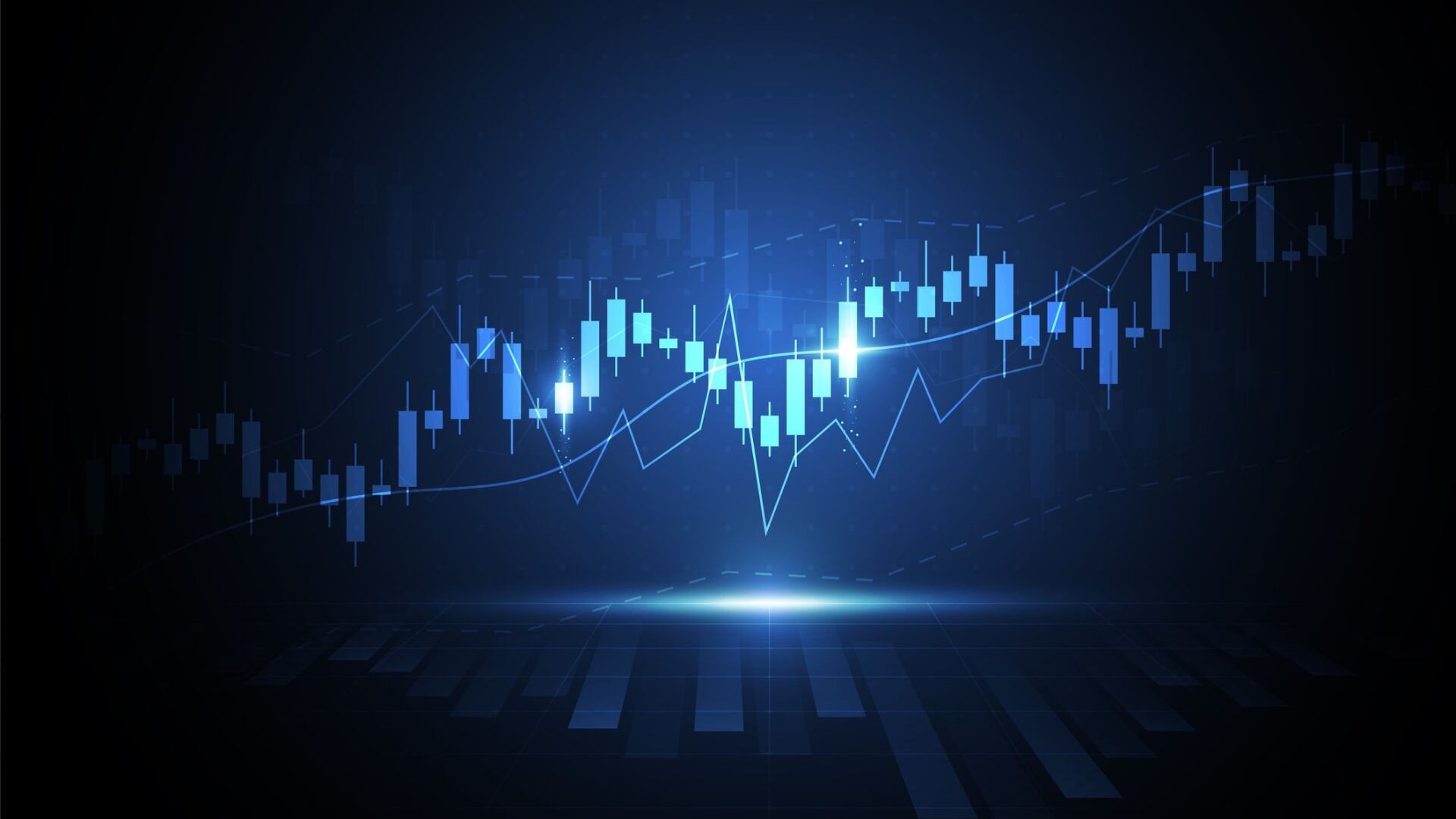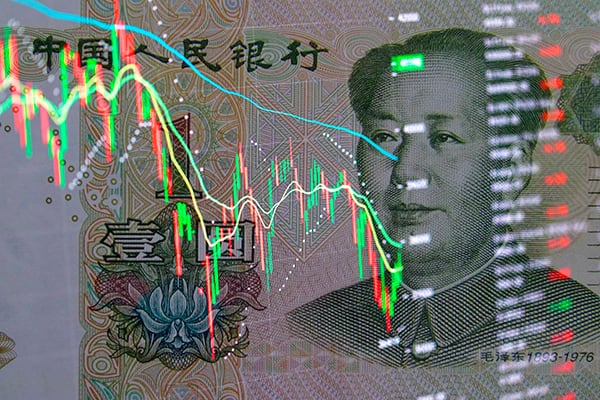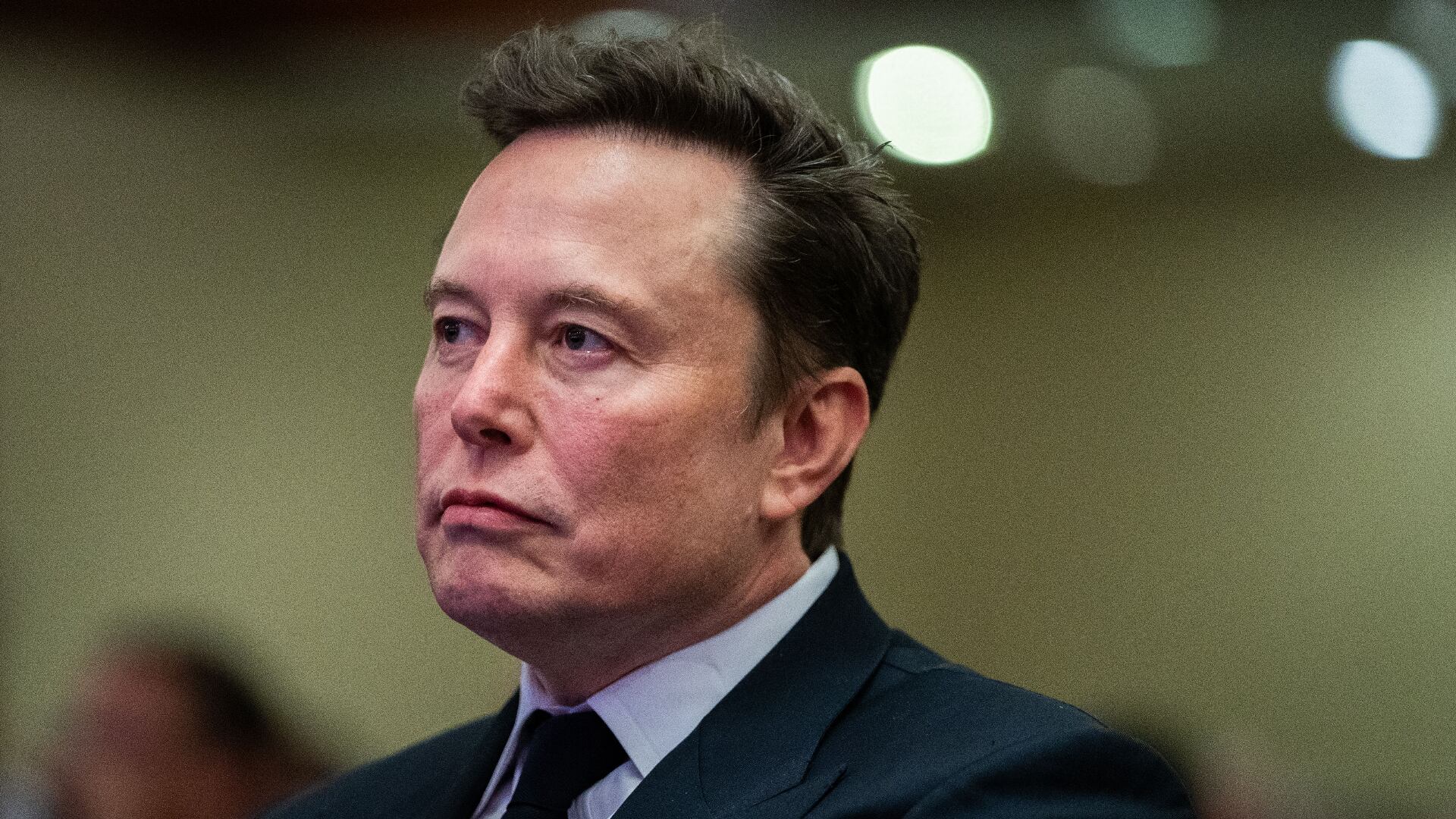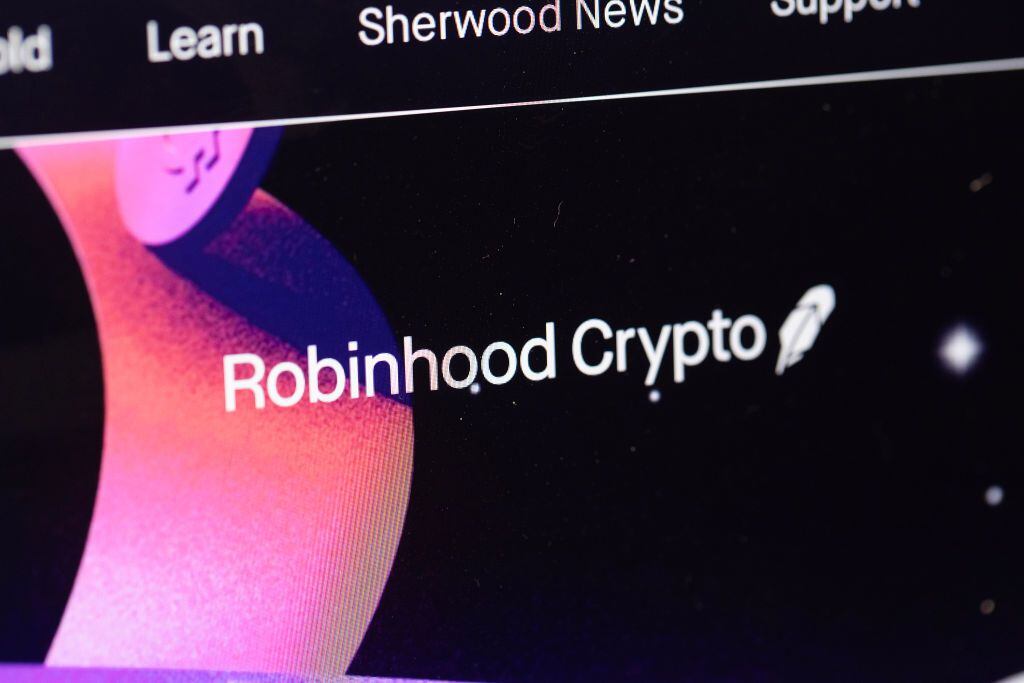The Biden administration proposed banning another type of bank “junk fee” on Wednesday, targeting fees that are typically charged by banks when a transaction is declined in real time.
It's the second major proposal by the Consumer Financial Protection Bureau over fees that Americans sometimes run into when they bank, following the bureau's announcement that it plans to reduce overdraft fees to as little as $3.
The CFPB's proposal on Wednesday focused on a narrower set of transactions: when a customer tries to withdraw money, send a payment immediately or make a purchase and that transaction is declined at the time of the transaction due to lack of sufficient funds. The CFPB used the example of a customer trying to buy $100 in groceries with $90 in their bank account, and the transaction is declined at checkout.
When this happens, banks can charge a fee when a customer attempts to withdraw or debit their account more than their available funds. This fee, which the bureau has previously estimated to be around $34, would be entirely banned under the CFPB's new rules.
These types of transactions differ from overdrafts because a transaction in an overdraft scenario is approved and that customer’s account goes negative. They are also different from non-sufficient fees — also known as “bounced check fees” — because those transactions were also preapproved by the customer, like a gym membership or utility bill.
Unlike the overdraft regulations announced last week, the bureau's proposed regulations would apply to all banks and credit unions, even small banks. The overdraft rule applied only to larger banks with more than $10 billion in assets.
“Banks should be competing to provide better products at lower costs, not innovating to impose extra fees for no value,” said CFPB Director Rohit Chopra in a statement.
The bureau did not give an estimate on how many of these specific transactions were still occurring at the moment. The bureau's research shows that banks with over $10 billion in assets have eliminated nearly all of their NSF fee revenue over the last several years.
Appointed by President Joe Biden to the CFPB in 2021, Chopra has focused a significant part of the bureau's work on combating unnecessary fees and what he considers exploitative practices by the banks. Biden has made the elimination of “junk fees” one of the cornerstones of his administration’s economic agenda heading into the 2024 election.
